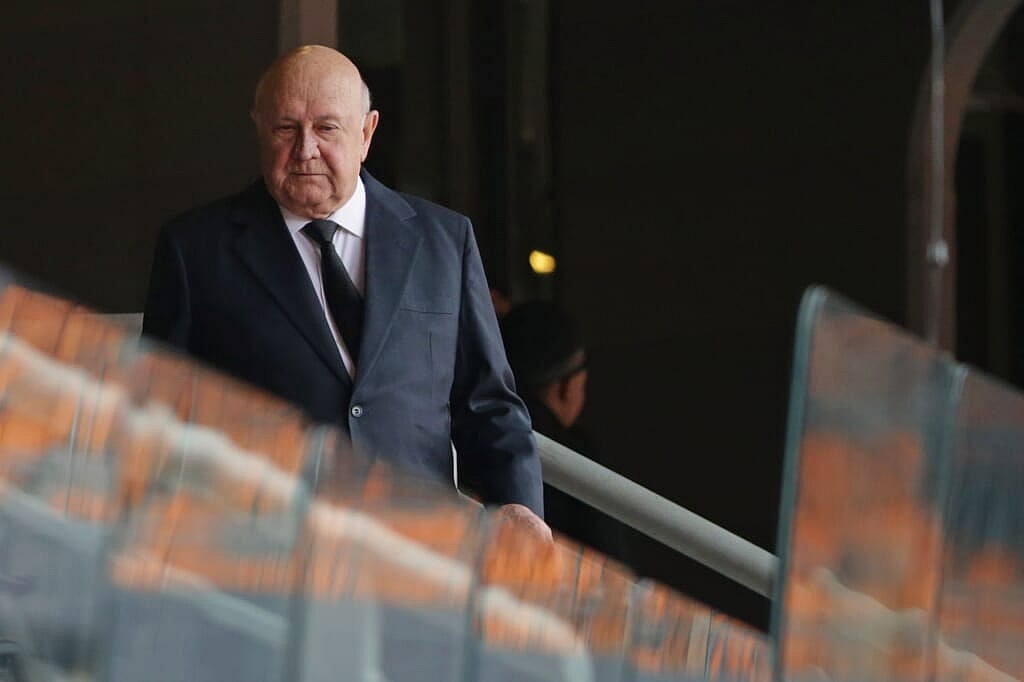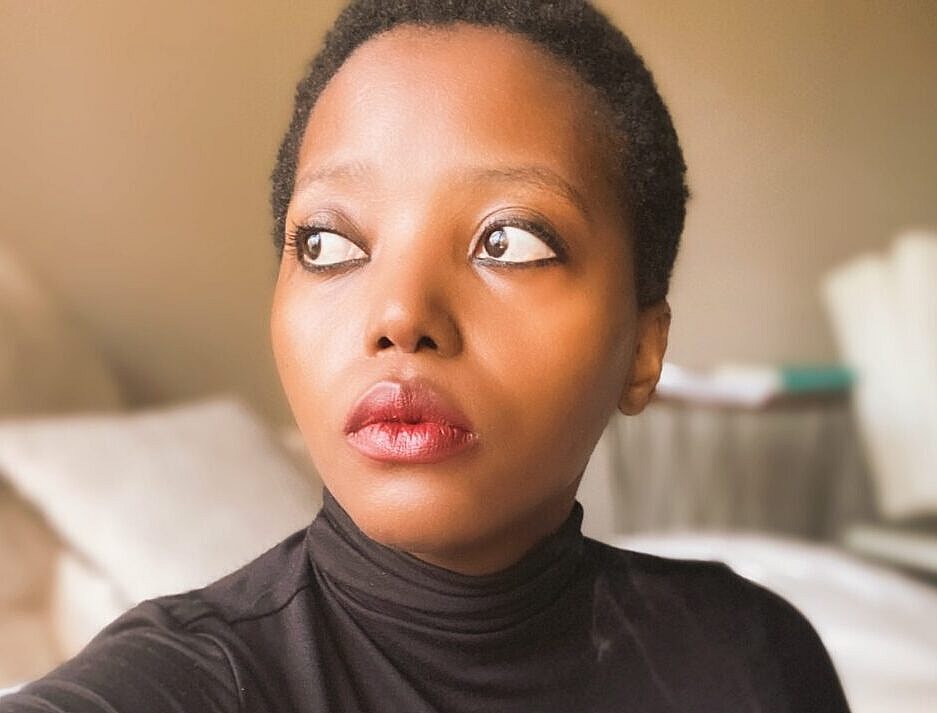On Nov. 11, the last overseer of South African apartheid, F.W. de Klerk, died.
He spent his last moments nestled safely and comfortably in his opulent Cape Town home, surrounded by his loved ones and top-of-the-line medical staff. De Klerk left in his wake 59.31 million South Africans and 47.5 million Black South Africans dealing with the ripple effects of a grotesque regime that still grips the nation 27 years after so-called freedom.
They ripple back in time to my 3-year-old self, held captive by the de Klerk regime. De Klerk being referred to as South Africa’s president was and still continues to be an unspeakable insult to his victims: the Black people of Azania, the ancestral name of South Africa.

Thirty-four years ago, I was born in a place called iNanda, tucked away in Durban, in the province today called Kwa-Zulu natal. Unlike the majority of the Nguni people who were displaced into townships, I was born on the land of my ancestors — land fought for and kept by my great great-grandfather (King) INkosi Bombela Mloyiswa Madliwamafa-ezwe Khumalo, son of (King) INkosi Mayekisa Khumalo and (Queen) Nkosazana Sitheya Hadebe, historically referred to as Isaiah Shembe.
In this land of my ancestors, I learned to firmly plant my feet and boldly walk, back straight, shoulders back and head high – where my umbilical cord was ceremonially planted in one of the few sacred rituals that my family and others like us were able to still preserve in resistance to de Klerk and his co-conspirators who were dismantling our identities and culture.
The planting of that umbilical cord is meant to serve as the cord that will always connect one to home, no matter how far away they might find themselves.

I was two years old when I faced the apartheid police for the first time. They came barreling down our muddy roads in search of teenage anti-apartheid freedom fighters. Those teenage freedom fighters were known to disappear, which we later learned was due to them being tortured, killed, and thrown in mass graves. They were lost from their loved ones and without the death rituals that unite them in peace with their ancestors and uMvelinqangi (God).
As the military tanks roared toward us, the terror sent us running for the nearest shelter in a watershed. Today, I cannot tell you how many of us were piled into the watershed, but when I close my eyes I can still hear the heavy breathing and whispers, and I feel the heat from the sweat and tears of my neighbors as we all instinctively held tight to one another. For many years, my memory was in scattered pieces: my mother yelling my name out of the shed; people crying; the shed door being cracked; me being pushed out; running with a speed that trumped the jagged rocks beneath my bare feet; sounds of thunder; what felt like darkness until I also felt the warmth of my mother’s arms.
My grandmother who had already escaped to the United States would tell us about how people there were protesting and fighting for us. Still, daily life felt like we were a forgotten people. As civil conflicts increased, my grandmother began arranging for us to also escape to the United States – a process we could only do as visitor visa holders, because no refugee status was issued for Black South Africans.

My mother was exiled from all she has ever known and began her life again in Harlem, New York, during the height of the crack epidemic and destabilization. She started over, alone, in a one-bedroom apartment with four children, without our literal village of support. I also started my new life, where I struggled being a Black immigrant girl with a name that requires you to take your time. I navigated the complexities of being surrounded by people who looked just like me, except these neighbors didn’t return my smiles in greeting.
Today, I fight for documentation for millions of immigrants who have stories like mine – millions who have been disconnected from home, family and culture. American leadership could fail me once again if it does not include a true pathway to citizenship in the form of green cards in the Build Back Better Act.
For 31 years, I’ve dedicated myself to human rights and social justice. I’ve hosted an elected South African president, organized an international conference, and even advocated for the creation of the temporary status I now have – Deferred Action for Child Arrivals (DACA).
Even with all the years of achievements, including having my first son Nkanyezi without citizenship, I’ve lived a limited life professionally and personally. I’ve carefully preserved a piece of Nkanyezi’s umbilical cord for 12 years, and even if it means starting life over once again – next year, I will bury my hands deep beneath his great-great grandfather’s soil in South Africa and plant it there.
I will preserve my son’s connection, his cord to home — and reclaim my own in spite of F.W. de Klerk, his apartheid co-conspirators, and the U.S. government.

Yoliswa Cele–Khumalo Hadebe is the director of narrative and media at the UnodcuBlack Network.
Have you subscribed to the Grio podcasts, ‘Dear Culture’ or Acting Up? Download our newest episodes now!
TheGrio is now on Apple TV, Amazon Fire, and Roku. Download theGrio today!

